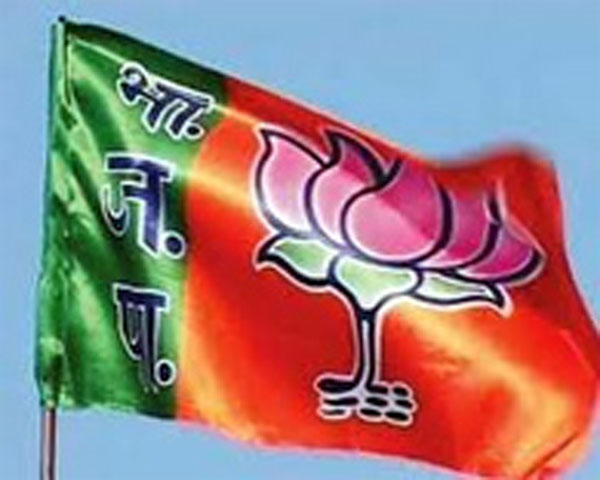 New Delhi, August 27; Bharatiya Janata Party (BJP) leader Murali Manohar Joshi termed the National Food Security Bill, 2013 as a “vote security” Bill while Samajwadi Party chief Mulayam Singh Yadav wanted the Bill to be put in abeyance and the proposed legislation discussed with the State Chief Ministers.
New Delhi, August 27; Bharatiya Janata Party (BJP) leader Murali Manohar Joshi termed the National Food Security Bill, 2013 as a “vote security” Bill while Samajwadi Party chief Mulayam Singh Yadav wanted the Bill to be put in abeyance and the proposed legislation discussed with the State Chief Ministers.
Replying to the debate, Food Minister K.V. Thomas assured the Lok Sabha that loopholes in the National Food Security Bill would be plugged as the scheme for the distribution of cheap food grains was implemented.
Asserting that the Centre would protect the federal system, he said that the Centre and the States would “go hand in hand” in implementing the measure.
Brushing aside claims that the government had not had enough consultations on the legislation, he said: “There was no dearth of consultation ever since the original Bill was drafted last year and it was sent to the Standing Committee.”
He said the government had accepted all the recommendations of the Standing Committee barring one on universalisation of the scheme.
Referring to suggestions offered by several members during the debate about storage and transportation of food grains, Mr. Thomas said that storage facilities had undergone major improvements and the capacity stood at 75 million tonnes which would go up to 85 million tonnes by 2014-15.
Agreeing that storage facilities were not enough, he favoured construction of intermediate godowns by the States to tide over the problem.
The Minister assured members that the off-take of States for ongoing schemes like Targeted PDS and Antyodaya Anna Yojana (AAY) would be protected and the additional burden on account of the implementation of the Food Security Bill would be to the tune of Rs. 5000 crores.
On modernisation and computerisation of PDS by States, he said the Centre would bear 50 per cent of the cost incurred by the States but in the case of the North-Eastern States and Jammu and Kashmir the Centre would bear 90 per cent.
He also assured the House that the Minimum Support Price would be protected and food grains coming to mandis would be taken over by the Food Corporation of India. Seeking to bring all parties on board, he said that food grain supplies to the States would not be reduced with the implementation of the Food Security Bill.
His reference was to Tamil Nadu as the AIADMK had raised concerns that the Bill would result in reduced food grain supplies. “Total food grain requirement for the Bill is estimated to be around 62 million tonnes and 75 per cent of villages would be targeted as a priority sector,” Mr. Thomas said.
